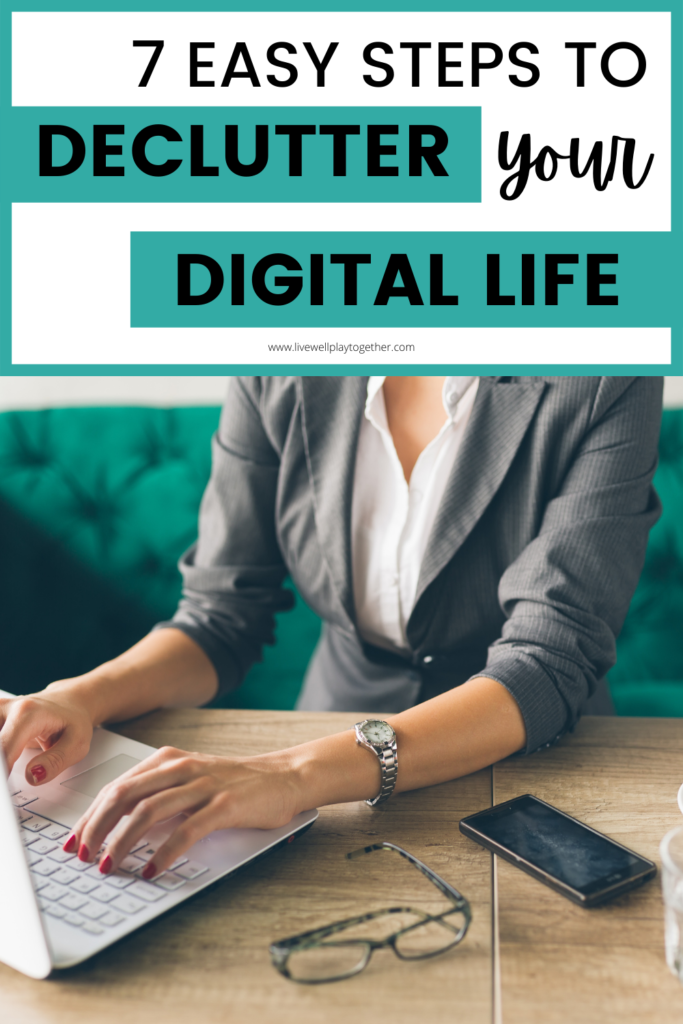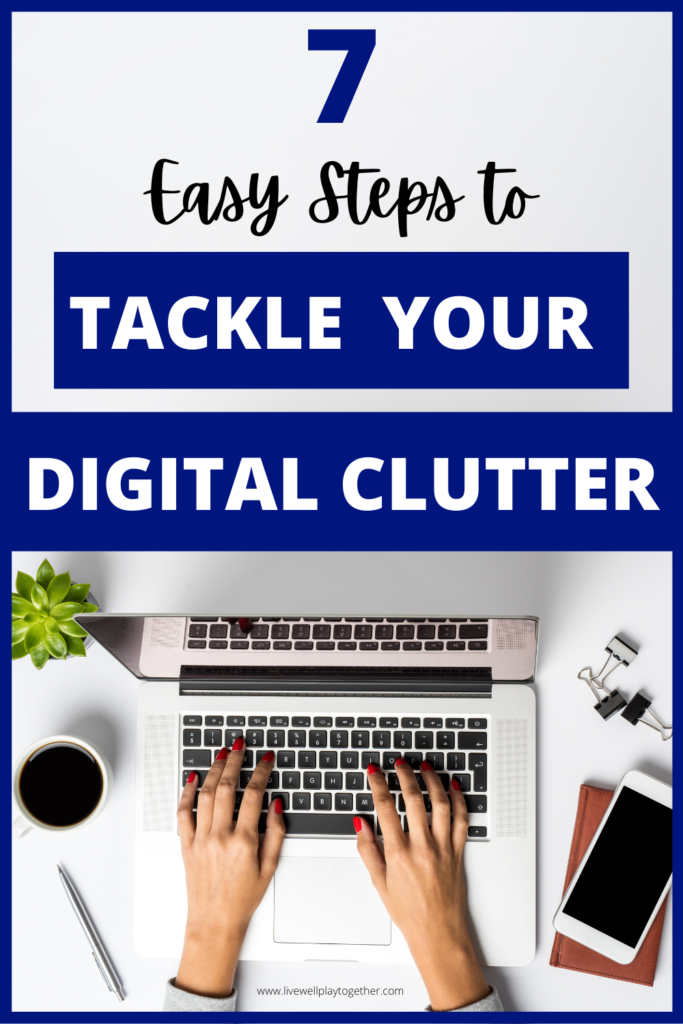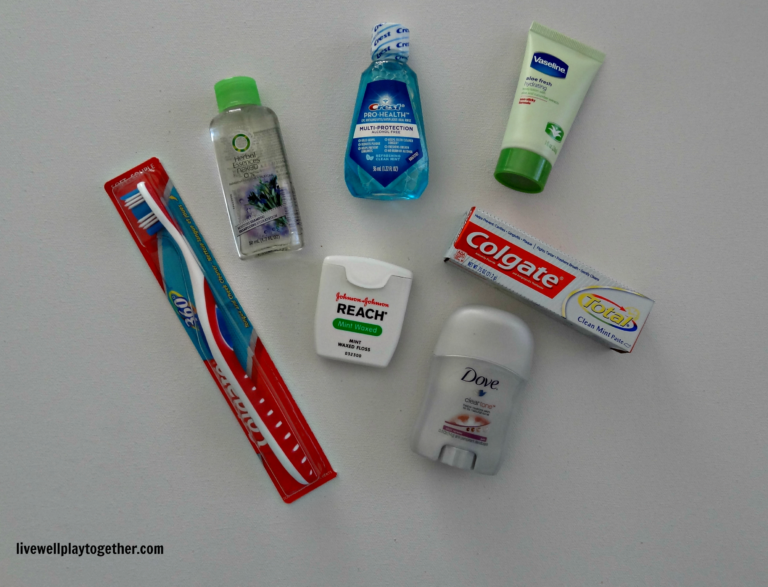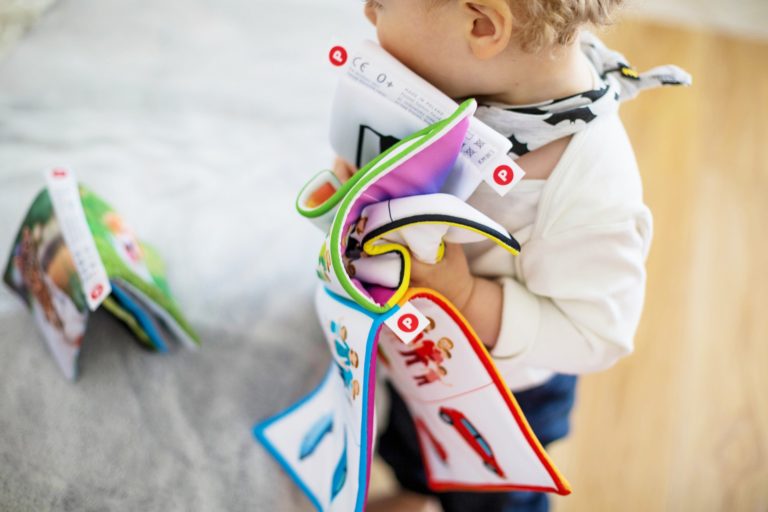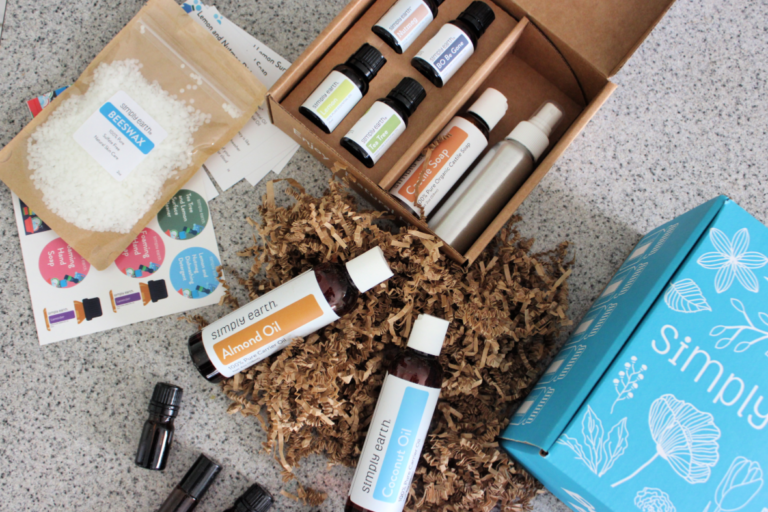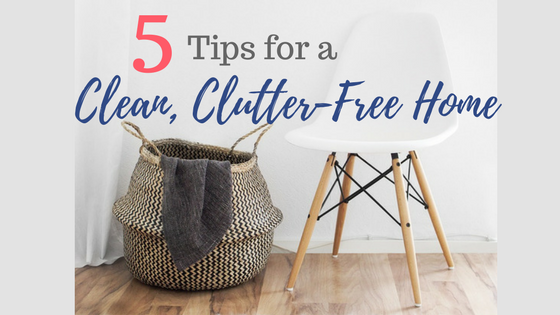This post contains affiliate links. That means that if you click through and make purchases through those links, I can earn a commission. For more information, feel free to see our full disclosure.
But, how often do we think about digital clutter? The clutter that finds its way into our inboxes and cell phone notifications? That clutter that both keeps us connected to the world, but often disconnected to what’s right in front of us.
To be honest, this post has been in draft form for a LONG time. I figure that I can’t be the only person that struggles with clutter over here.
And while I am always working to keep the physical clutter under control in our home, I am finally ready to take some important steps to tackle the digital clutter, too.
What is Digital Clutter?
Digital clutter is something that I don’t think we talk about enough. To be honest, it’s not something that I think we always even have a handle on in terms of understanding what it is.
Unfortunately, it seems as if we live in such a digital and connected time that we often dismiss digital clutter as a given in our lives rather than actually taking the time to recognize it and control it.
So then, what is digital clutter?
For the purposes of this post, digital clutter refers to things like digital files and photos that do not have a home, unwanted and/or unnecessary notifications, unread messages that you do not intend to read, and any other digital distraction that is not adding value to your day to day life.
Why Tackle Digital Clutter?
It’s easy to see why we need to tackle the clutter in our homes, but digital clutter? What is the big deal about that? Why do we need to take steps to tackle it?
Like physical clutter, digital clutter can have real impacts on our day to day life.
Here are just a few reasons to tackle it, beginning today.
Digital clutter creates stress and overwhelm.
In the same way that physical clutter causes stress, clutter in our digital lives can do the same.
It can be overwhelming to search through hundreds of unread messages looking for something, or checking file after file on your computer for that ONE photo or file that you just KNOW you saved there.
It wastes time and creates extra work.
Put simply, digital clutter reduces our productivity. When we have to spend extra time looking for something, or important alerts get lost in the shuffle, we create more work for ourselves.
It distracts us from more important things.
Lastly, and probably most importantly, digital clutter distracts us from more important things. How many times have you been in a conversation with someone and your phone starts buzzing? Or your smart watch?
We are so used to this that we pause to check the notification often without even noticing. And if the buzzes on your phone are anything like mine, more times than not, they are non-urgent and even unnecessary.
But every single time, I find myself glancing down, swiping, reading the new message or alert. Tiny little seconds and minutes away from the present. What I’m coming to realize though, is that these minutes add up.
All the time we spend mindlessly scrolling, swiping away notifications, searching for that email or file, filling our minds with more and more unnecessary STUFF – it all adds up. And at least in my house, it can start to take time away from what is most important to me.
So, it’s high time to GET IT UNDER CONTROL.
Practical Ways to Get Rid of Digital Clutter
Are you ready to join me? Here are 7 easy, practical steps to help get rid of digital clutter in your life.
1. Unsubscribe
Go through your email and unsubscribe from emails that you have no intention of reading. Do not keep spending your time deleting those messages when you can simply stop receiving them in the first place.
The emails you are still getting because you signed up to get a 15% off discount from a store one time, you do not need to keep getting those.
2. Unfollow
In addition to unsubscribing, unfollow. Are there people or brands that you follow on social media just because you always have?
Now, do not get me wrong, I am thankful for every single person that follows me and this blog on social media, email, and the web. But ultimately, if you do not find value, encouragement, or something useful from those you are following, and ESPECIALLY if you have negative feelings seeing someone’s posts. It is okay to simply click unfollow.
3. Get rid of apps you no longer use.
Clear up some storage space on your phone, and just get rid of the apps you don’t use. Easy peasy.
4. Turn off unnecessary push notifications.
Of course, what is “necessary” will vary from person to person, but many apps send way too many push notifications, in my opinion. And all those little buzzes and dings can be such distractions.
Once you have decided which apps you use and need to keep, decide which if any notifications you want pushed to you.
5. Utilize folders to organize digital files.
Next, get organized. Use folders to organize documents, photos, and emails on your devices.
Create a filing system that is manageable for you and will help you find what you need when you need it.
Use email filters to automatically sort emails as they come into your inbox.
6. Set aside regular time to keep your inbox clear.
I’m not saying that you need to have 0 unread messages all the time. But I am saying that you should know what is in your inbox.
Once a week is what I have tried to commit to over here, but you may find that more or less frequently works for you.
Regularly cleaning out your inbox help you identify which emails you can unsubscribe from as well as make sure that you don’t miss anything important that may have otherwise gotten lost in the shuffle.
7. Make time to intentionally unplug and disconnect.
Finally, make sure to carve out intentional time on a regular basis to disconnect. Put your phone and laptop away, or on silent and just spend time intentionally focusing on being present.
Whether you are working on a project, reading a book, spending time with friends and family, or just sitting quietly and resting, taking time to unplug will pay incredible benefits for your mental health.
Your turn!
Is digital clutter something that you struggle with? What steps have you found to help you keep your digital life organized? Let me know in the comments!
